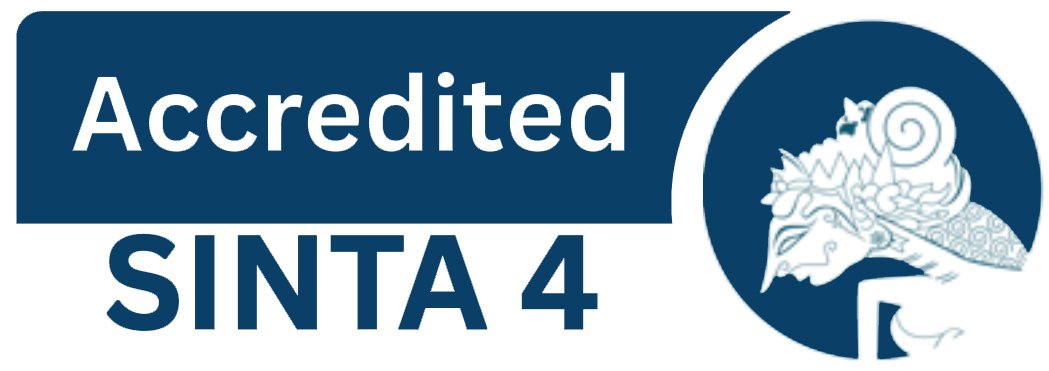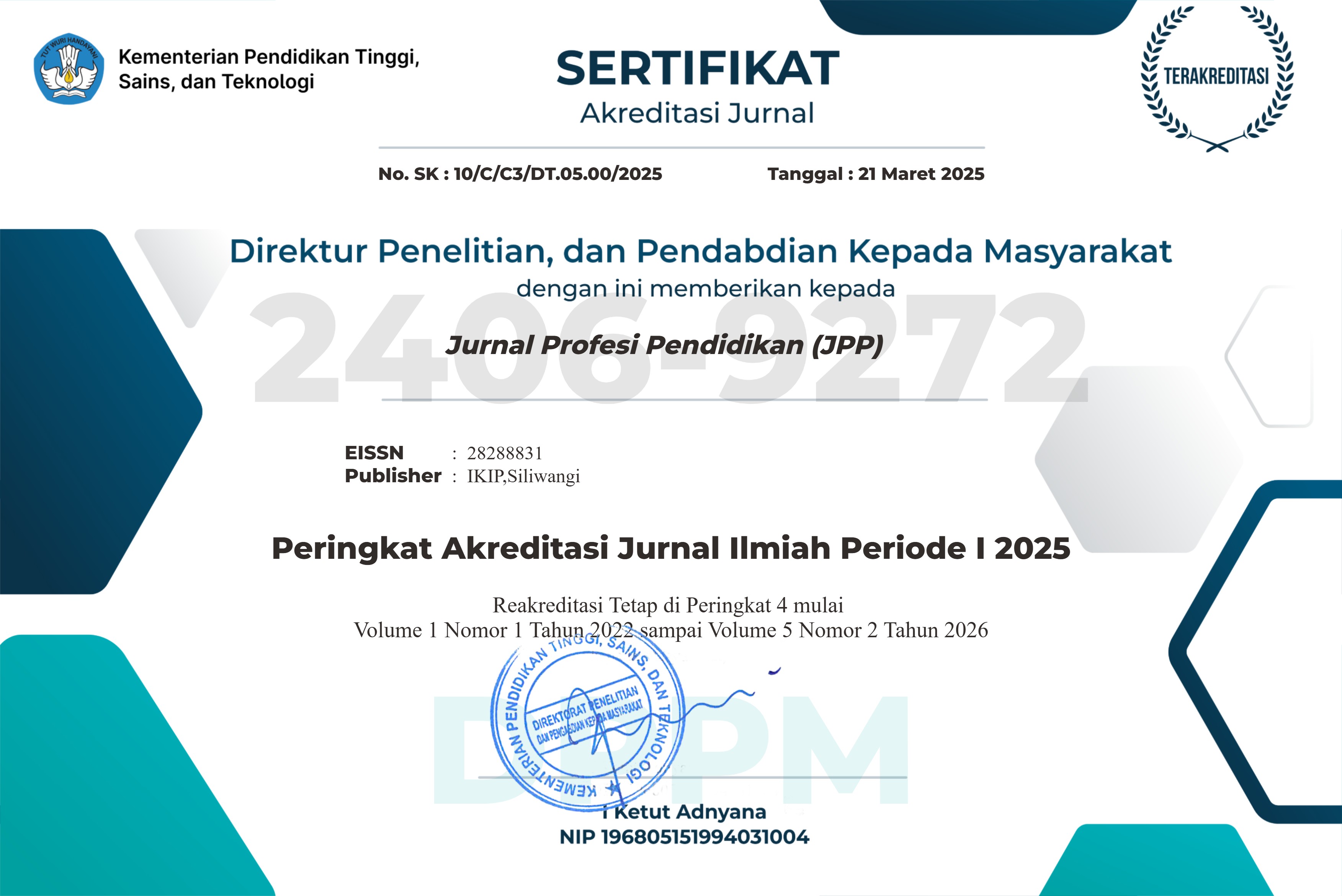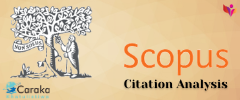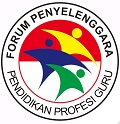Penggunaan Model Project Based Learning Berbasis Socio Scientific Issues untuk Meningkatkan Kemampuan Berpikir Kreatif Siswa Kelas IV Sekolah Dasar
DOI:
https://doi.org/10.22460/jpp.v3i2.25096Keywords:
project based learning, socio scientific issue, kemampuan berpikir kreatif, ipasAbstract
Penelitian ini didasarkan pada rendahnya kemampuan berpikir kreatif siswa kelas IV sekolah dasar pada pembelajaran IPAS khususnya materi mengubah bentuk energi. Tujuan pada penelitian ini adalah untuk mengetahui penerapan, peningkatan dan Kendala yang dihadapi guru dan siswa dalam melaksanakan pembelajaran dengan model Project Based Learning berbasis Socio Scientific Issue. Penelitian ini menggunakan metode mix method dengan the Sequential Explanatory Design. Instrumen yang digunakan yaitu tes, wawancara, obervasi, dan angket. Subjek pada penelitian ini yaitu siswa kelas IV di salah satu sekolah dasar di Kecamatan Kabandungan. Hasil pengolahan data menunjukan perolehan nilai rata-rata dapat dibuktikan dengan hasil rata-rata pretest yang sebelum penggunaan model Project Based Learning berbasis Socio Scientifiec Issue mendapat rata-rata 59,1 dan kelas posttest mendapat nilai rata-rata 77. Kesimpulan pada penelitian ini dapat diartikan bahwa Project Based Learning berbasis Socio Scientific Issue lebih efektif dalam meningkatkan kemampuan berpikir kreatif siswa kelas IV sekolah dasar
References
Arisanti, W. O. L., Sopandi, W., & Widodo, A. (2017). Analisis Penguasaan Konsep dan Keterampilan Berpikir Kreatif Siswa SD melalui Project-Based Learning. EduHumaniora-Jurnal Pendidikan Dasar Kampus Cibiru, 8(1), 82. https://doi.org/10.17509/eh.v8i1.5125
Asri, A. (2019). Berpikir Kreatif: Proses Inovatif dalam Penciptaan Produk Baru. Jurnal Inovasi dan Kreativitas, 15(2), 120-130.
Haryanti, T., & Saputra, M. (2019). Berpikir Kreatif dan Pemecahan Masalah. Jakarta: Penerbit Ilmu Pendidikan.
Nugraha, S. T. (2021). Does Students’ Demography Cause Heterogeneity of Students’ Mathematical Critical Thinking Abilities through Problem-Based Learning? A Meta-Analysis. Journal of Human University Natural Sciences. URL: http://www.jonuns.com/index.php/journal/article/view/687 Download: http://www.jonuns.com/index.php/journal/article/download/687/684
Nugraha, T., Fuadah, U. S., Amalina, A., & Karso, K. (2020). Aplikasi Discovery Learning Menggunakan TALER (Track a Learner Idea) untuk Mendeteksi Keterampilan Berpikir Kritis Siswa Kelas VI SD. Indonesian Journal of Primary Education, 4(2), 9-17.
Nugraha, T., & Suparman, S. (2021). Heterogeneity of Indonesian Primary School Students’ Mathematical Critical Thinking Skills through Problem-Based Learning: A Meta-Analysis. Al-Jabar: Jurnal Pendidikan Matematika, 12(2), 315–328. https://doi.org/10.24042/ajpm.v12i2.9645
Novitra, R. S., Fauziah, H. N., & Anwar, M. K. (2021). Efektivitas Model Pembelajaran Scrambler dengan Pendekatan Socio-Scientific terhadap Rasa Ingin Tahu Peserta Didik. Tadris IPA Indonesia, 354-363.
Sari, Ayu Mustika, Dadan Suryana, Alwen Bentri, & Ridwan Ridwan. (2023). Efektivitas Model Project-Based Learning (PjBL) dalam Implementasi Kurikulum Merdeka di Taman Kanak-Kanak. Jurnal Basicedu, 7(1), 432–440. https://doi.org/10.31004/basicedu.v7i1.4390
Sunarni, Sunarni, & Nova Monika. (2020). Pengenalan Education Fisheries pada Siswa Sekolah Dasar melalui Model Pembelajaran Project-Based Learning. Jurnal Marine Kreatif, 3(1), 24–28. https://doi.org/10.35308/jmk.v3i1.2283
Sumilat, J. M., Ilam, D., Pangemanan, M. V., Mangantar, A. C. M., Mukuan, R. B., & Kumontoy, N. (2023). Analisis Implementasi Model PjBL (Project-Based Learning) di Sekolah Dasar. Jurnal Basicedu, 7(6), 3980–3988. https://doi.org/10.31004/basicedu.v7i6.6557
Supardi, S. U. S. (2018). Developing of Measurement of Independence Characteristic in Middle School Students Mathematics and Science. Formatif: Jurnal Ilmiah Pendidikan MIPA, 8(2), 111–118. https://doi.org/10.30998/formatif.v8i2.2650
Downloads
Published
How to Cite
Issue
Section
License
Copyright (c) 2025 Jurnal Profesi Pendidikan (JPP)

This work is licensed under a Creative Commons Attribution-ShareAlike 4.0 International License.
Authors who publish with the Journal Pendidikan Profesi (JPP) agree to the following terms:
- Authors retain copyright and grant the journal the right of first publication with the work simultaneously licensed under a Creative Commons Attribution License (CC BY-SA 4.0) that allows others to share the work with an acknowledgment of the work's authorship and initial publication in this journal.
- Authors are able to enter into separate, additional contractual arrangements for the non-exclusive distribution of the journal's published version of the work (e.g., post it to an institutional repository or publish it in a book), with an acknowledgment of its initial publication in this journal.
- Authors are permitted and encouraged to post their work online (e.g., in institutional repositories or on their website) prior to and during the submission process, as it can lead to productive exchanges, as well as earlier and greater citation of published work. (See The Effect of Open Access)
Similar Articles
- Oky Prayogi, Ryan Dwi Puspita, Implementation of Constructivism-Based Game-Based Learning Model in Science Learning for Grade IV , Jurnal Profesi Pendidikan: Vol. 4 No. 1 (2025): June
- Yanuar Rafindo, Puspa Dianti, Laili Linda Hartati, Application of ICT-Based Problem Based Learning Method as a Learning Innovation for Pancasila Education to Improve Learning Outcomes of Class VII D Students of SMPN 51 Palembang , Jurnal Profesi Pendidikan: Vol. 4 No. 1 (2025): June
- Paulina Sri Fajar Br. Aritonang, Rika Amelia, Rizky Afianto, Salsabila Amalia, Aflich Yusnita Fitrianna, Penerapan Problem Based Learning (PBL) dalam Meningkatkan Kemampuan Berpikir Kritis Siswa di Sekolah , Jurnal Profesi Pendidikan: Vol. 3 No. 2 (2024): December
- Windi Triwahyuni, Jajang Bayu Kelana, Duhita Savira Wardani, Penggunaan Model Kooperatif Picture and Picture Berbantuan Canva untuk Meningkatkan Berpikir Kreatif Siswa pada Materi Daur Hidup Hewan di Sekolah Dasar , Jurnal Profesi Pendidikan: Vol. 3 No. 2 (2024): December
- Nina Vania, Wahyu Hidayat, Trisna Nugraha, Penggunaan Model Problem Based Learning Berbantuan Video Powtoon Untuk Meningkatkan Kemampuan Berpikir Kritis Siswa Kelas III Sekolah Dasar , Jurnal Profesi Pendidikan: Vol. 3 No. 1 (2024): June
- Izzah Millati, Agustina Tyas Asri Hardini, Improving the Cooperation Attitude of Grade V Students Through the Application of Problem-Based Learning Model in Pancasila Education Subjects , Jurnal Profesi Pendidikan: Vol. 4 No. 1 (2025): June
- Teti Suharyati, Hana Sakura Putu Arga, Penerapan Model Project Based Learning Untuk Meningkatkan Kemampuan Berpikir Kritis Siswa Pada Pembelajaran PPKn di Kelas IV Sekolah Dasar , Jurnal Profesi Pendidikan: Vol. 2 No. 1 (2023): June
- Enur Nurmawati, Meningkatkan Motivasi dan Hasil Belajar Matematika Peserta Didik Kelas VII Melalui Penerapan Model Pembelajaran Problem Based Learning , Jurnal Profesi Pendidikan: Vol. 3 No. 1 (2024): June
- Ayang Wike Sintia, Jajang Bayu Kelana, Anugrah Ramadhan Firdaus, Peningkatan Keterampilan Berpikir Kritis Pada Mata Pelajaran IPA Materi Rangkaian Listrik Sederhana Dengan Menggunakan Model Pembelajaran STEM di Kelas VI Sekolah Dasar , Jurnal Profesi Pendidikan: Vol. 3 No. 1 (2024): June
- Kurnia Akbar, Citadewi Aditya, Lathifah Rizki, Nelly Ade Karisma, Selvi Novitasari, Widya Sulistia, Yulianti Yulianti, Penerapan Model Problem Based Learning Berbantuan Komik Digital untuk Meningkatkan Pemahaman Konsep Matematis Siswa pada Materi Perkalian Pecahan di Kelas V Sekolah Dasar , Jurnal Profesi Pendidikan: Vol. 3 No. 2 (2024): December
You may also start an advanced similarity search for this article.

















